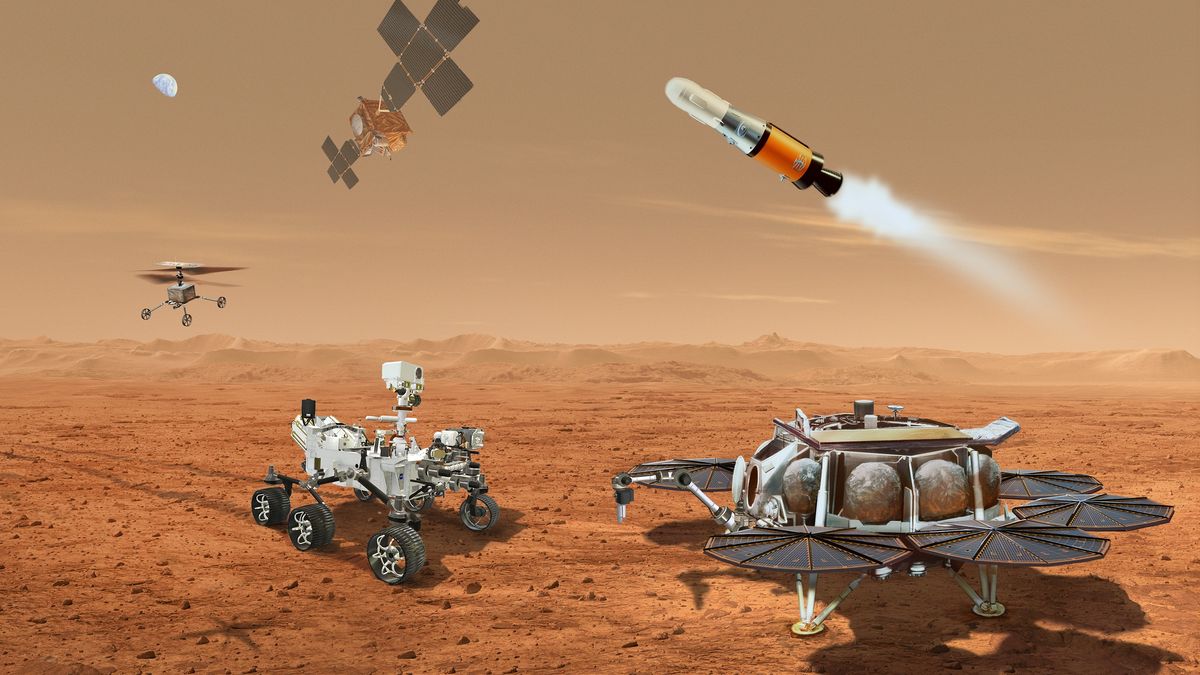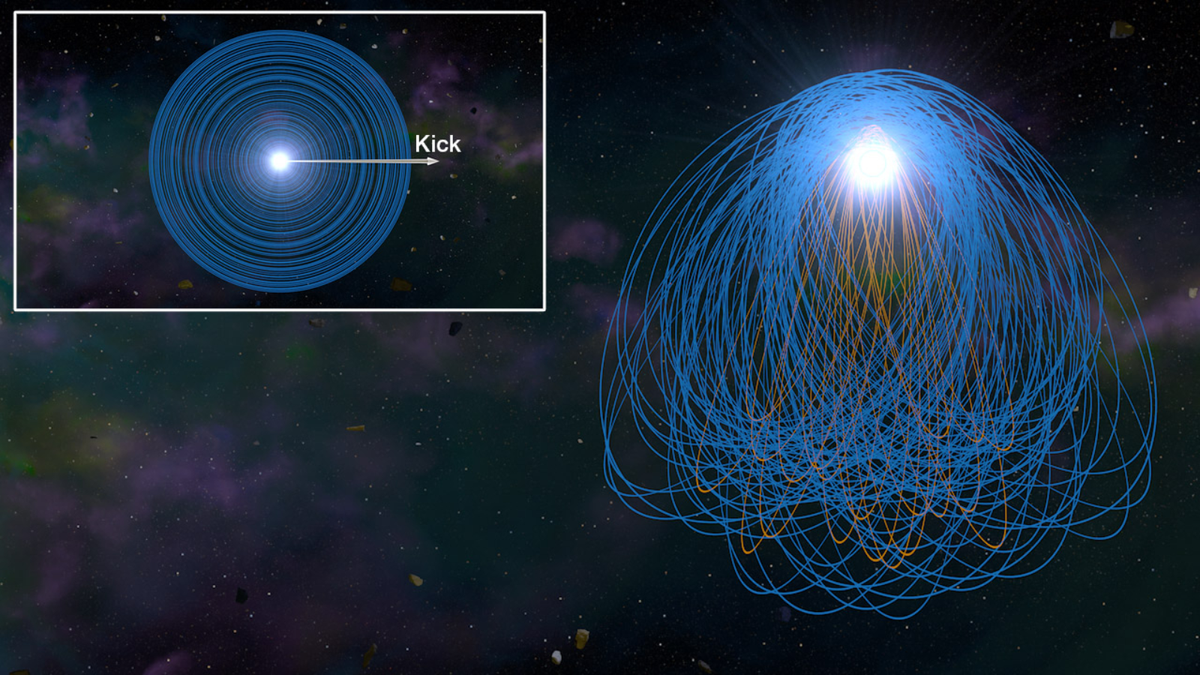The Quest for Mars Samples: NASA’s New Approach
NASA has been striving to retrieve valuable Mars samples collected by the Perseverance rover from Mars’ Jezero Crater, a site that once sustained a lake and river delta billions of years ago. These samples hold the key to crucial scientific discoveries, potentially shedding light on Mars’ history, including the possibility of past life on the Red Planet, according to NASA officials.
Although NASA has had a Mars sample-return (MSR) plan in place, recent setbacks in terms of delays and escalating costs have prompted a reevaluation of the original strategy. NASA Chief Bill Nelson, in a recent statement, expressed concerns over the $11 billion estimated cost and the projected return timeline of 2040, deeming them unacceptable.
An independent review board’s report released in September outlined the impracticality of the initial plan, highlighting the need for a more cost-effective and expedited approach. NASA’s internal analysis echoed these sentiments, pointing out budget constraints and the need to prioritize other pressing scientific endeavors, like the Dragonfly drone mission to Titan, Saturn’s moon.
Seeking Innovations and Cost Reductions
Recognizing the necessity for a fresh strategy, NASA is actively exploring alternative methods to streamline the MSR mission and accelerate the sample return process. By cutting costs, NASA aims to allocate resources to other scientific endeavors and advance preparations for crewed Mars missions in the 2040s.
The revamped plan involves soliciting creative ideas from NASA’s Jet Propulsion Laboratory and various agency research centers, as well as engaging the commercial sector for innovative solutions. An industry-wide solicitation is set to be released to gather a diverse range of proposals with the goal of charting a new course for MSR by late fall or early winter.
While the specifics of the new approach are still under consideration, potential revisions may include a more cost-effective Mars Ascent Vehicle (MAV) and a revised sample-return count. Despite the challenges posed by the complexity of the task — notably, the unprecedented feat of launching a rocket from another planet — NASA remains steadfast in its commitment to achieving this significant scientific milestone.
NASA officials emphasized the importance of retrieving Mars samples as a national priority, underscoring the agency’s dedication to advancing space exploration and unlocking the mysteries of Mars through the MSR mission. As the quest for Mars samples continues, the pursuit of groundbreaking discoveries remains at the forefront of NASA’s scientific agenda.
Image/Photo credit: source url





